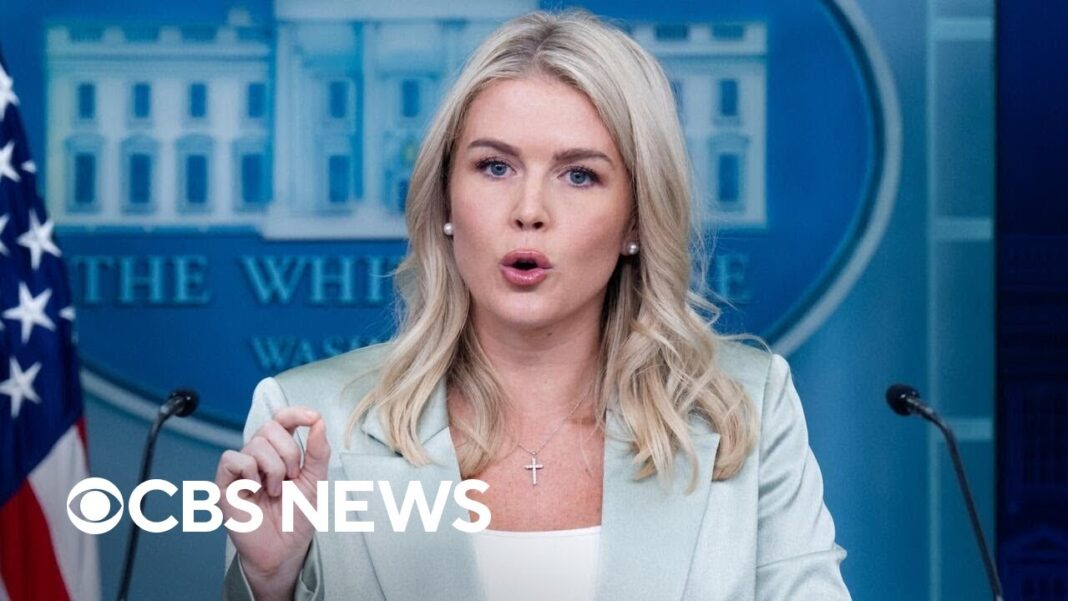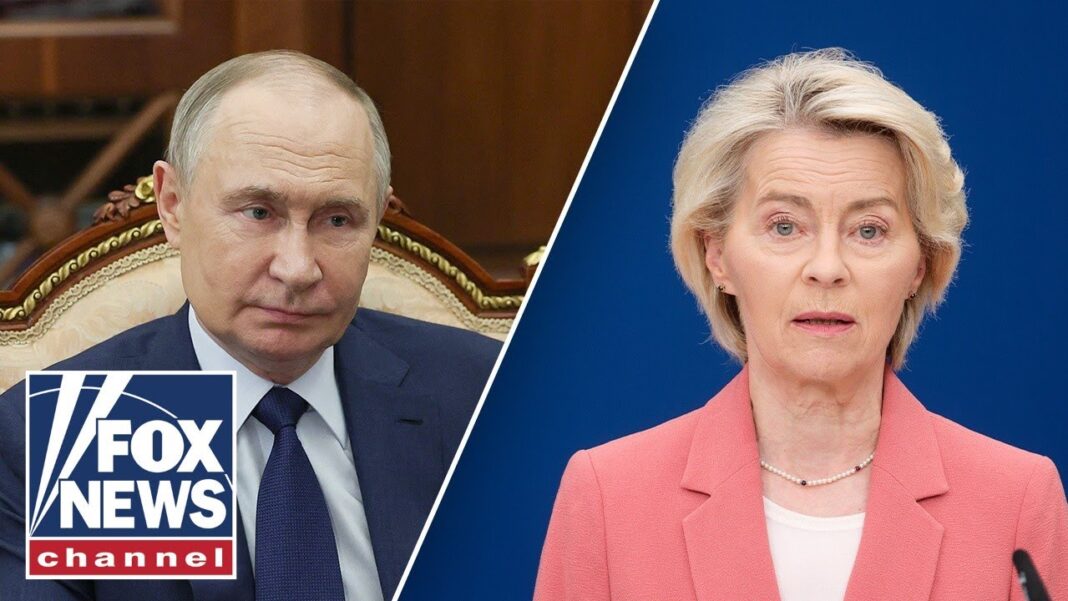The federal government had requested a lower court’s orders be stayed on Sept. 8.
The Supreme Court on Sept. 9 granted a Trump administration request to temporarily withhold approximately $4 billion in foreign aid funding previously authorized by Congress.
The federal government’s emergency application in U.S. Department of State v. AIDS Vaccine Advocacy Coalition and Global Health Council v. Trump was granted by Chief Justice John Roberts one day after it was filed with the nation’s highest court.
The court issued an administrative stay, which puts a lower court order requiring the release of the funding on hold to give the justices more time to fully consider the matter. The court did not provide reasons for its decision.
The Department of Justice (DOJ) had asked the justices to pause a ruling by Washington-based U.S. District Judge Amir Ali, who ordered the federal government to spend about $4 billion in previously appropriated funds.
The money is earmarked for foreign aid and United Nations peacekeeping projects.
The Supreme Court’s new order states that Ali’s orders of Sept. 3 in the two cases are “hereby partially stayed for funds that are subject to the President’s August 28, 2025 [rescission] proposal currently pending before Congress pending further order of the undersigned or of the Court.”
After the U.S. Court of Appeals for the District of Columbia Circuit canceled Ali’s orders on Aug. 28, the president proposed rescinding the roughly $4 billion in funding under the Impoundment Control Act. Under fast-track procedures, Congress has 45 days to consider the rescission request, and during that period the president cannot be required to spend the money, Solicitor General D. John Sauer said in the government’s application filed on Sept. 8.
Sauer said in the application that this is the third time in this case that Ali “has issued an unlawful injunction that precipitates an unnecessary emergency and needless interbranch conflict.”
In February, Ali gave the federal government 36 hours to pay roughly $2 billion in invoices for past foreign-aid work, which Sauer called “an impossible task,” and one that the judge lacked authority to order. The Supreme Court ended the dispute by granting an administrative stay.







